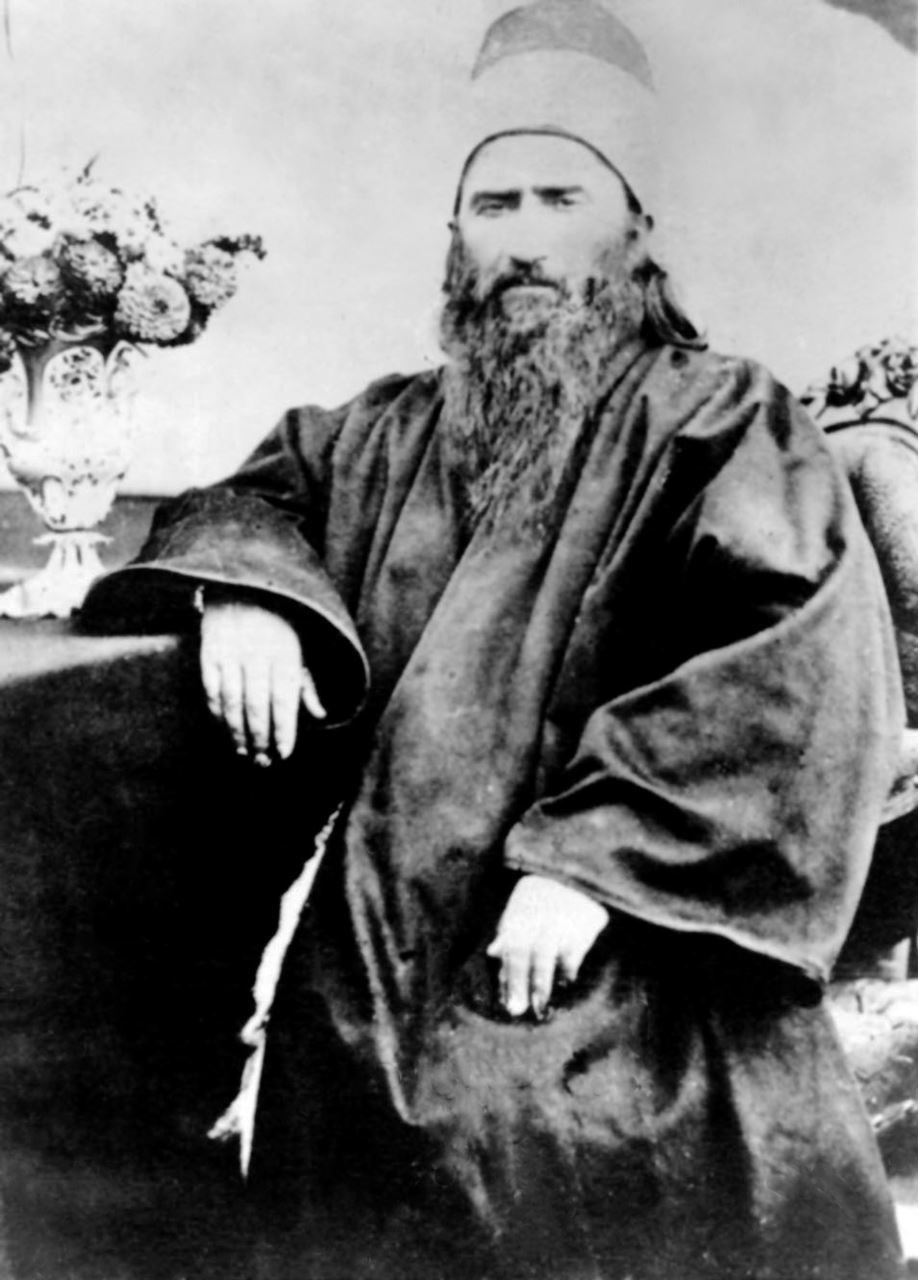The advent of Bahá’u’lláh marks a pivotal moment not only in the history of religion but also in the trajectory of human civilization. His teachings emerge as a beacon of hope, illuminating paths toward unity and justice in a fractious world. As a founder of the Bahá’í Faith, Bahá’u’lláh articulates principles that transcend sectarian boundaries, which has been a source of fascination for adherents and casual observers alike. This article endeavors to explore the central tenets of Bahá’u’lláh’s revelations, articulating how these foundational teachings resonate with the challenges of contemporary society.
Bahá’u’lláh’s writings embody a profound spiritual and ethical vision. At the core of his revelation is the assertion of the oneness of humanity. This fundamental principle asserts that all human beings, regardless of race, religion, or nationality, are part of a single, interconnected family. Bahá’u’lláh’s proclamation serves as a counter-narrative to nationalism and division, inviting a reexamination of identities rooted in exclusivity. His teachings prompt adherents to transcend traditional social mores and embrace universal kinship.
The theme of unity is intricately linked to Bahá’u’lláh’s call for justice. He posits that true justice can only be achieved when individuals recognize their intrinsic connection to one another. This emphasis is not merely philosophical; it is a call to practical action. The Bahá’í teachings urge followers to engage in social and economic initiatives that cultivate equity and opportunity. In an age characterized by polarized politics, Bahá’u’lláh’s insights into the necessity of justice inevitably beckon rediscovery and implementation.
In addition to the call for unity and justice, Bahá’u’lláh emphasizes the importance of science and religion as complementary forces. He eloquently articulates that the advancement of civilization depends on a harmonious relationship between these two spheres. The belief that science and religion are two wings of a bird underscores an appreciation for empirical inquiry alongside spiritual development. This relationship fosters a more holistic understanding of the world, one that can address anthropogenic issues such as climate change, technological ethics, and social disparities.
Moreover, Bahá’u’lláh’s teachings on the necessity of an independent search for truth are particularly noteworthy. He encourages individuals to investigate reality for themselves rather than blindly adhering to dogma. This principle cultivates a spirit of inquiry and critical thinking, promoting personal growth and understanding. In a world rife with misinformation and ideological fervor, the importance of personal discernment cannot be overstated. Bahá’u’lláh’s advocacy for intellectual autonomy serves as a compelling invitation to engage deeply with one’s beliefs.
Another pivotal aspect of Bahá’u’lláh’s revelations is the requirement of personal transformation. He asserts that the essence of true spirituality is evident in one’s actions and character. This doctrine posits that individuals must pursue qualities of honesty, kindness, and humility to manifest their commitment to their faith. Personal transformation engenders societal change. Bahá’u’lláh’s vision compels each individual to become a catalyst for improvement in their communities, thereby contributing to the betterment of humanity at large.
In embracing a global perspective, Bahá’u’lláh articulates visions of global governance that prioritize collective well-being. He speaks to the formation of a sublimely democratic society where differences are celebrated rather than stigmatized. This governance model emphasizes the principle of collective decision-making and the establishment of institutions dedicated to the promotion of peace and solidarity. Such ideals resonate strongly in an era marked by global turmoil, suggesting that Bahá’u’lláh’s vision extends beyond mere religious doctrine to encompass the structures that govern human interaction.
Furthermore, Bahá’u’lláh emphasizes the education of women and girls as a critical component of societal advancement. He acknowledges that the empowerment of women enables societies to flourish, arguing that true progress cannot be achieved without the full participation of women in all aspects of life. This assertion is particularly potent in a world where gender inequities persist, reflecting an urgent need for reform that aligns with Bahá’í teachings.
The concept of progressive revelation is central to understanding the breadth of Bahá’u’lláh’s mission. He asserts that divine guidance is continually revealed through the ages, culminating in a message that meets the needs of contemporary society. This idea provides a framework for understanding the evolution of religious thought, while concurrently addressing the spiritual and moral dissonance evident in modern life. Bahá’u’lláh’s teachings encourage a reexamination of past doctrines, inviting followers to embrace new understandings that better align with the complexities of contemporary existence.
Finally, Bahá’u’lláh’s emphasis on the transformative power of prayer and meditation is integral to the Bahá’í experience. Through personal reflection and devotion, individuals can cultivate inner peace, fostering stronger connections with themselves and their communities. The practice of prayer aligns with the personal and communal aspirations delineated in Bahá’u’lláh’s teachings, creating a foundation upon which individual and collective growth are built.
In conclusion, Bahá’u’lláh unveils a faith that speaks profoundly to the contemporary world. His teachings address pressing issues, including unity, justice, and the relationship between science and religion. By encouraging personal transformation and advocating for the empowerment of all people, he lays the groundwork for a society that not only cherishes its diversity but also leverages it for collective advancement. The revelations of Bahá’u’lláh invite the populace to delve deep into the essence of humanity’s spiritual evolution, promising a brighter, more harmonious world forged through understanding and compassion.
